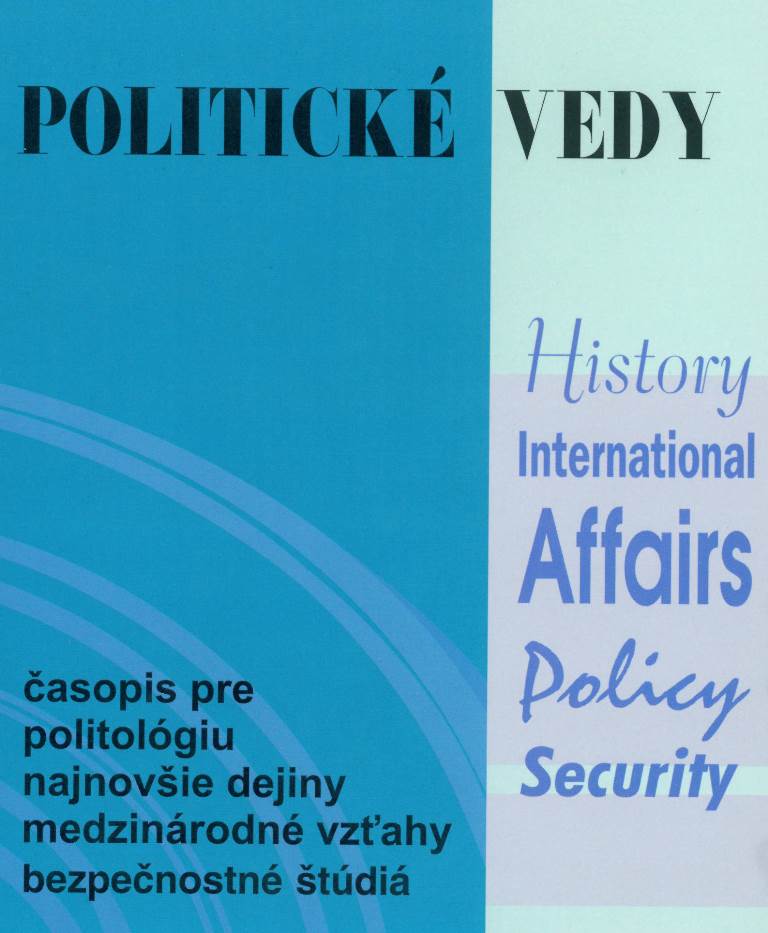State of Play of the European Area of Higher Education: 20 Years after the Launch of the Bologna Process
State of Play of the European Area of Higher Education: 20 Years after the Launch of the Bologna Process
Author(s): Anne-Coralie Bonnaire, Christophe LipsSubject(s): Conference Report
Published by: Univerzita Mateja Bela
Keywords: conference report;higher education;Bologna process;
Summary/Abstract: For the European higher education (HE) institutions, the gradual implementation of the Bologna Process is a synonym of essential and fundamental developments, especially in terms of governance and management, not without conveying a feeling of vagueness and a lack of clarity. This might lead to harming the necessary appropriation of the Process by the actors in charge of its implementation, e.g. the stakeholders of the university (Lips, 2016). Forty-eight member countries, thousands of HE institutions in the current European Higher Education Area (EHEA), so many organisational responses to the projects inherent to the changes in the university «world», so many strategies, so many ways to appropriate or criticise the process yet remain visible. 20 years after the initiation of the Bologna Process, the moment gives an opportunity to review its implementation.In this frame, a conference was organised in partnership with the management research centre LAREQUOI of the University of Versailles St-Quentin-en-Yvelines (UVSQ - France) and the Department of International Relations and Diplomacy of the Faculty of Political Sciences and International Relations, Matej Bel University of Banská Bystrica (UMB - Slovakia), the French-Slovak Institute for Higher Education (IUFS) and the French Embassy in Slovakia. The aim of this conference was principally to present a complementary point of view on the construction of the European Higher Education Area, stem from managerial reflections (still too few in this field) but also, as the study of the Bologna Process cannot be exclusively based on management, from political as well as intercultural and social-based contributions. Indeed, its initial objective is to make European HE institutions the instruments for strengthening European integration, that could take shape a Euro-generation.
Journal: Politické vedy
- Issue Year: 22/2019
- Issue No: 4
- Page Range: 266-277
- Page Count: 12
- Language: English

